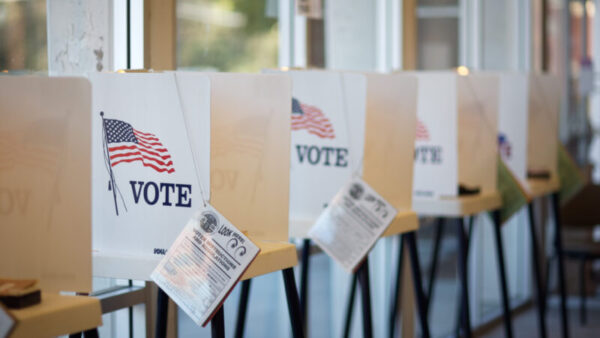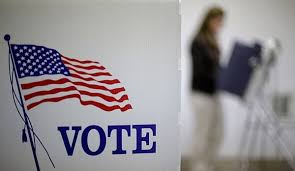Hawaii Court Orders Election Officials to Correct Misleading Text of Ballot Initiative
FOR IMMEDIATE RELEASE
HONOLULU -- In a victory for Hawaii's voters, a circuit court judge today ordered the state Office of Elections to correct misleading or erroneous information about a public referendum issue known as Question No. 3 by publishing the question's full text in daily newspapers prior to Election Day and displaying it prominently at polling sites.
"This is an important victory for Hawaii's voters," said Lunsford Phillips, a cooperating attorney for the American Civil Liberties Union of Hawaii. "Without this intervention, voters would be left in the impossible position of trying to figure out what this amendment means without seeing the full text."
The ruling came in response to a lawsuit, Watland v. Yoshina, filed last week by the ACLU of Hawaii on behalf of two registered voters, A. Joris Watland and Eric Gene Schneider. The ACLU lawsuit charged that the erroneous voter information disseminated by the state on Question No. 3 undermined the election and violated their clients' fundamental right to vote.
In a three-page ruling issued today, Circuit Court Judge Dexter Del Rosario ordered the state to separately publish the text of amendment Question No. 3 in the daily newspapers through Election Day and to prominently post the text of the proposed amendment Question No. 3 at every polling place.
"We are pleased that the court recognized that there was not adequate notice given to the voters," said ACLU client Eric Gene Schneider. "Voters will now have the opportunity to see the full text of what is being proposed and do their own comparison before casting their votes."
In issuing today's ruling, the court did not order a halt to the tabulation of votes on Question No.3 and declined to order the state to issue a notice to voters acknowledging that it had disseminated erroneous voter information materials as the lawsuit had requested. ACLU attorneys are deciding whether or not to appeal these aspects of the decision.
"We would have liked the court to order all the relief we sought," said Phillips. "These remedial efforts, although necessary and entirely appropriate, still do not cure the ill effects of the government's misconduct. Since ballots have already been cast by absentee voters based on the misimpression created by the government, the only measure that could have fully safeguarded the integrity of this state election would have been to separate the votes on Question 3 and not tabulate them."
The language of the proposed constitutional amendment, which was passed by the state senate and appears on the ballot as Question No. 3, reads: "Shall Hawaii's constitutional provision regarding the initiation of criminal charges be amended to permit criminal charges for felonies to be initiated by a legal prosecuting officer through the filing of a signed, written information setting forth the charge in accordance with procedures and conditions to be provided by the state legislature?"
Dwayne Yoshina, state chief elections officer, and Wendell Kimura, interim director of the state Legislative Reference Bureau, are named as defendants in the lawsuit.



